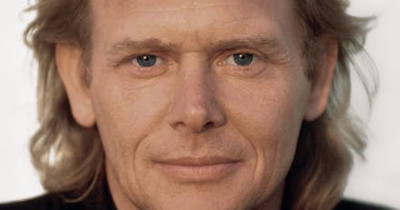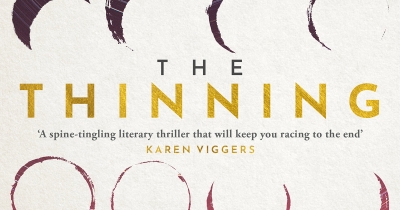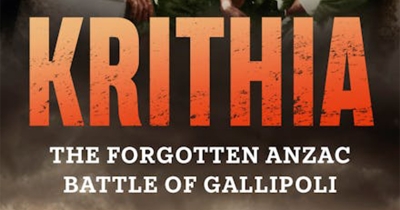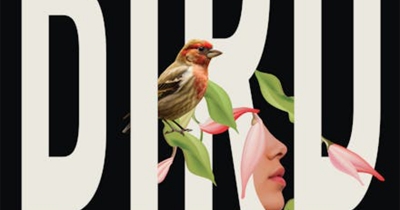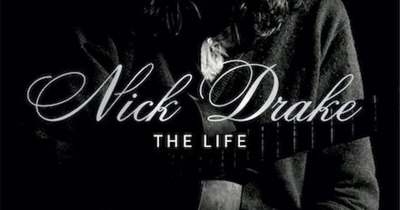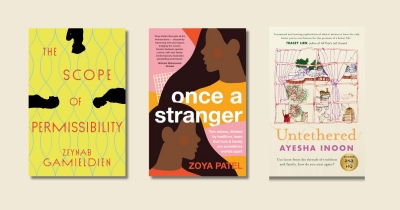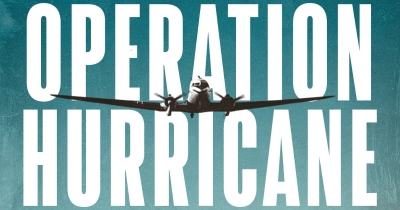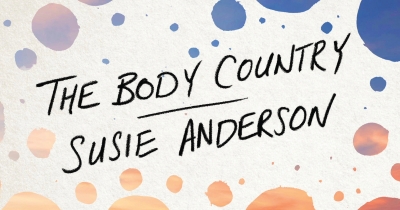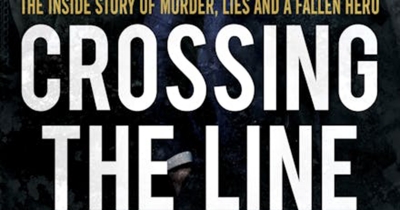When Justice Anthony Besanko released his judgment on the Ben Roberts-Smith versus Fairfax defamation case on 1 June, there was a lot more riding on his decision than the reputation of the principal parties and who would be landed with the eye-watering legal bills. Had the verdict gone against Fairfax, its reporters, Nick McKenzie, Chris Masters, and, to a lesser extent, Dan Oakes, would have struggled to return to or resurrect their careers. Defeat would have had a chilling effect on genuinely probing investigative reporting. In the face of such a decision, media organisations and editors around the country would have thought long and hard about letting their journalists pursue well-connected and well-resourced public figures, let alone defend their findings in court. But there was more at stake than that. The ‘defamation trial of the century’ was also widely, if inaccurately, regarded as a war crimes trial by proxy. While Roberts-Smith was not on trial for any of the crimes McKenzie and Masters alleged that he had committed or facilitated, had Justice Besanko found that the reporters had defamed him it would have made the pursuit of war crimes charges against Roberts-Smith more unlikely, or more difficult. The sense of relief at Besanko’s judgment was near universal. It not only emboldened the nation’s investigative reporters and their editors but also opened the way for the full and free pursuit of those members of Australia’s Special Forces credibly identified by the Brereton Report (2020) as having committed war crimes in Afghanistan.
...
(read more)

